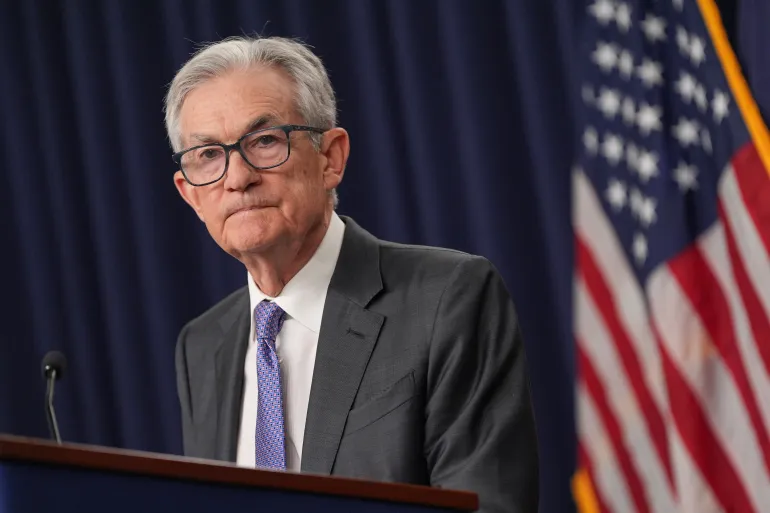US retirement savers saw a modest decline in account balances during the first quarter of 2025, as ongoing stock market volatility weighed on investment returns, according to Fidelity Investments’ latest quarterly report.
The average 401(k) balance dropped by 3% from the previous quarter to $127,100. Individual retirement accounts (IRAs) fared slightly worse, with a 4% decline to an average balance of $121,983. Despite the quarterly dip, both account types remain up year-over-year, signaling overall growth over the longer term.
Fidelity, the nation’s largest provider of 401(k) plans, noted that most participants maintained their contribution levels despite turbulent market conditions. In fact, the average total 401(k) savings rate — which includes both employee and employer contributions — rose to a record 14.3%, just shy of Fidelity’s recommended 15% benchmark.
“Although the first quarter of 2025 posed challenges for retirement savers, it’s encouraging to see people take a continuous savings approach which focuses on their long-term retirement goals,” said Sharon Brovelli, president of workplace investing at Fidelity.
The market volatility in early 2025 has been attributed in part to renewed trade tensions following the reintroduction of tariffs by the Trump administration. These geopolitical developments sparked significant fluctuations in equity markets, particularly affecting portfolios heavily invested in stocks.
Fidelity’s analysis also revealed generational differences in retirement savings:
Baby Boomers had the highest average 401(k) balance at $239,600
Generation X averaged $187,400
Millennials held $66,800
Generation Z trailed with $13,900
The number of 401(k) millionaires — individuals whose accounts exceed $1 million — declined by 4.6% from the previous quarter, totaling 512,000 by the end of March.
Financial experts continue to emphasize the importance of long-term planning in the face of short-term market fluctuations.
“It’s important to not get too unnerved by market swings,” said Mike Shamrell, vice president of thought leadership at Fidelity. “Even for those nearing retirement, savings should have a time horizon of at least 10 to 20 years.”
Gil Baumgarten, CEO of Segment Wealth Management, echoed this sentiment, warning against reactionary investment moves.
“The math is so compelling to look past all that and let the stock market work itself out,” he said.
Historically, some of the strongest gains in the S&P 500 have occurred during periods of economic uncertainty, and over the past several decades, the index has averaged an annualized return of more than 10%.
While retirement savers face uncertainty due to market conditions and evolving trade policies, many continue to stay the course. Financial professionals recommend regularly reviewing portfolios, particularly for those approaching retirement, to ensure proper asset allocation and risk management.
Fidelity’s full report and further insights can be found through its “Building Financial Futures” quarterly publication and Workplace Insights hub.
CNBC, Newsweek, and Business Wire contributed to this report.










The latest news in your social feeds
Subscribe to our social media platforms to stay tuned